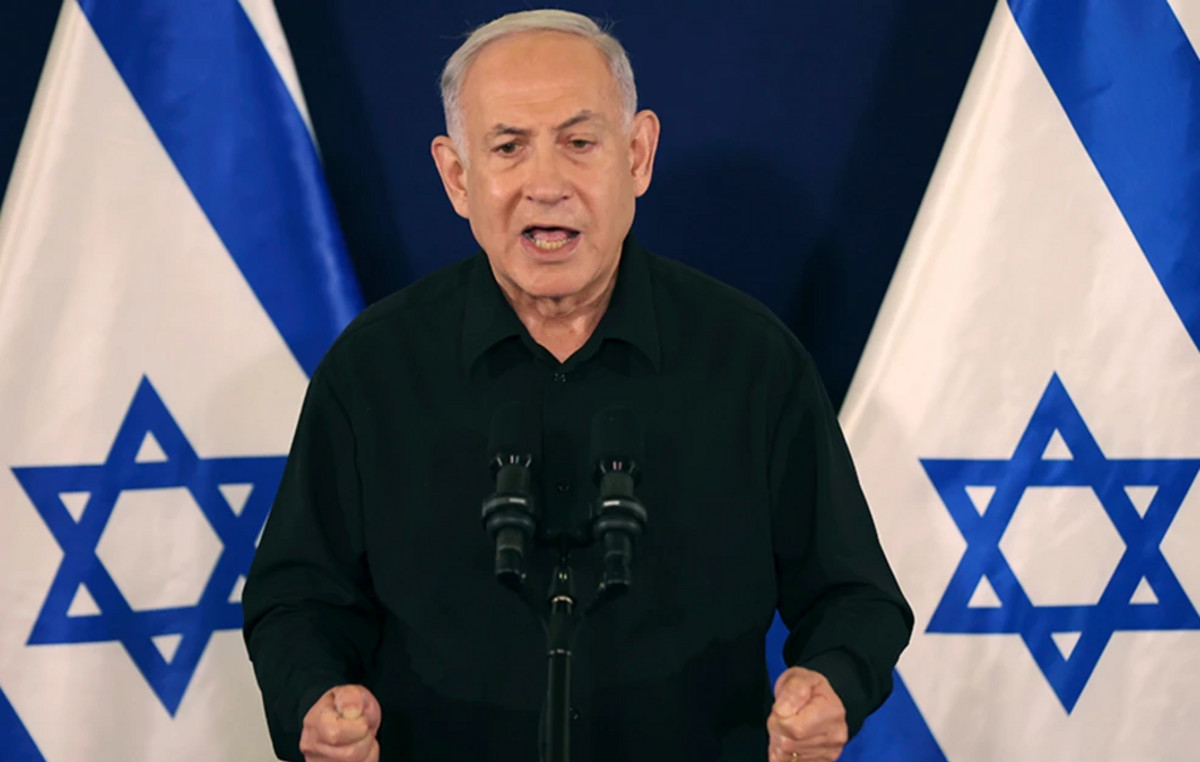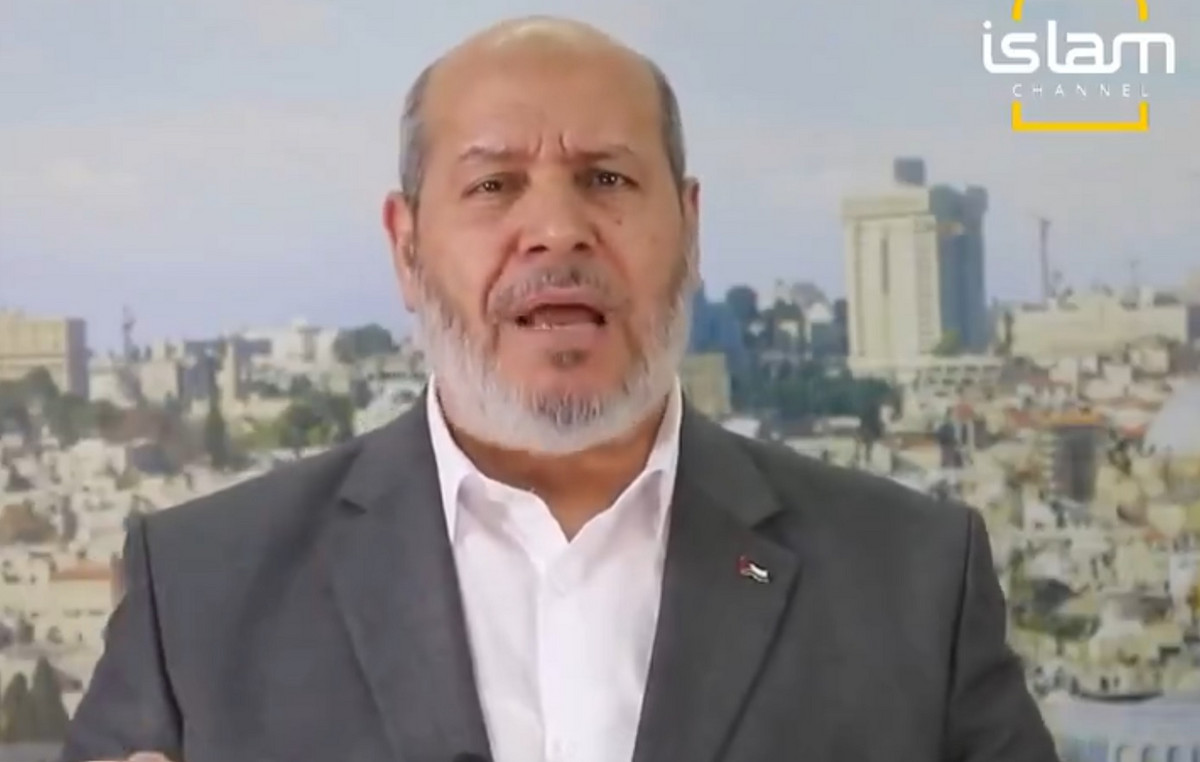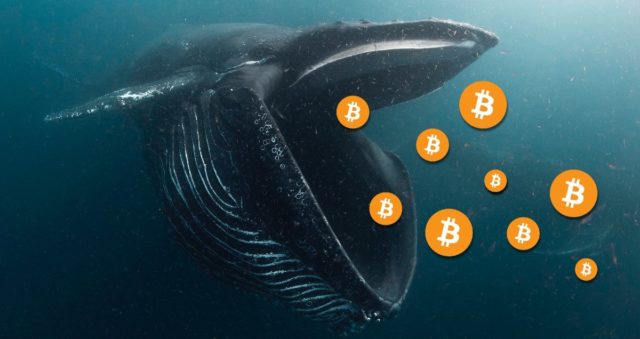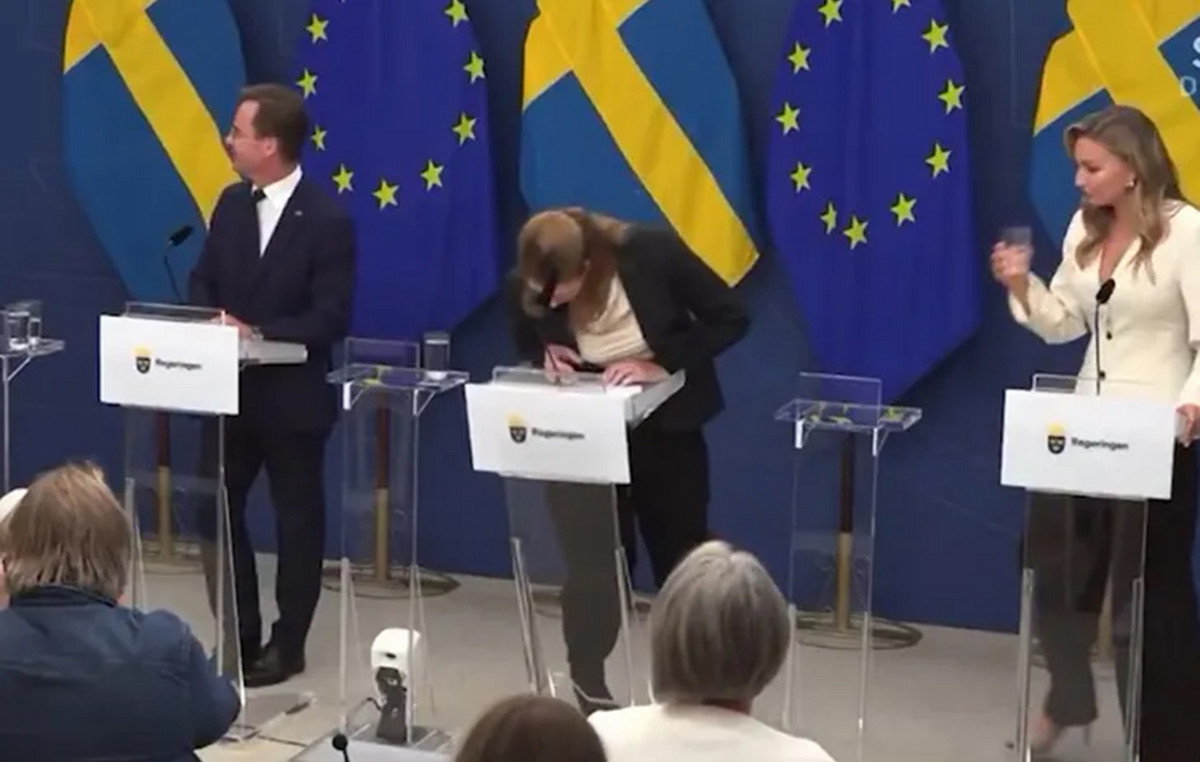Algerians vote this Saturday, June 12 for early legislative elections. This is the third electoral convocation organized since the departure of former President Abdelaziz Bouteflika in April 2020 after twenty years of reign. And the least we can say is that this election is taking place in a particular context. Because these early legislative elections are rejected by the protest movement of the hirak and part of the opposition. Not to mention that two days before the vote, the repression already underway has intensified in all directions with the arrests of emblematic personalities.
Some 24 million Algerians are called upon to elect the 407 deputies of the National People’s Assembly for a five-year term. They have to choose from nearly 1,500 lists, more than half of which are advertised as “independent”.
What stakes?
Among the main issues, participation will be closely scrutinized after the previous electoral consultations, the 2019 presidential election and the 2020 constitutional referendum, marked by a historic abstention. This electoral meeting is also observed as a desire of the Algerian authorities to regain control by neutralizing for good the unprecedented and peaceful protest dynamic, born on February 22, 2019 from the rejection of a 5e mandate of President Abdelaziz Bouteflika.
The context
Three hirak figures were arrested two days before Thursday. They are the opponent Karim Tabbou, Ihsane El Kadi, director of a radio close to the protest, and the independent journalist Khaled Drareni. Although they were released overnight from Friday to Saturday, as announced by the National Committee for the Release of Detainees (CNLD), their arrest on the eve of the election sparked an international outcry.
As the election deadline approaches, the army chief of staff, General Saïd Chengriha, warned against “any plan or action aimed at disrupting the conduct” of the vote. Considered as a civilian facade of the military institution, the government has tried in recent months to stifle protest, banning demonstrations and increasing arrests and legal proceedings targeting opponents, activists, journalists and lawyers.
Believing to have already answered the requests of the hirak, the capacity denies for several months any legitimacy to this movement without real leaders, which it accuses of being instrumentalized by “foreign parties”. Some 222 people are currently imprisoned for acts related to the hirak and / or individual freedoms, according to the National Committee for the Release of Detainees.
Across the Mediterranean, in France, where a large community of Algerian origin lives, Algerians consider the regime “capable of anything” to ensure its survival. In the eyes of Human Rights Watch, which denounces a “frightening escalation of repression”, “the vague promises of openness and dialogue by President (Abdelmadjid) Tebboune are shattered against the reality of the repression”.
Who are the participants?
At the end of an apathetic campaign, the pro-government parties called for participation “in force” in the ballot, while the hirak, which calls in vain for a radical change in the “system” of governance in place since independence (1962 ), immediately denounced an “electoral masquerade”.
Whatever happens, the authorities will put up with a possible strong abstention, while hoping for a participation rate of 40% to 50%.
Because the regime is determined to impose its electoral “road map”, ignoring the demands of the hirak, rule of law, democratic transition, popular sovereignty, independent justice.
This is the first time that such a large number of independents have come up against contenders endorsed by parties largely discredited and held responsible for the crisis in the country. These newcomers, with a fuzzy affiliation, could establish themselves as a new force with the endorsement of power, which appealed to “young people” and encouraged their candidacies.
Especially since the secular and leftist opposition, in decline, has chosen to boycott the ballot.
As for the winners of previous legislative elections in 2017, the National Liberation Front (FLN) and the National Democratic Rally (RND), associated with the era of Abdelaziz Bouteflika, they are now discredited.
We must also take into account the moderate Islamist movement which decided to take part in the ballot. Abderrazak Makri, the president of the Society for Peace Movement (MSP), close to the Muslim Brotherhood, said he was “ready to govern” in case of victory.
Some analysts even predict a relative majority for these moderate Islamist parties in the new assembly. “According to a probable scenario, the political forces resulting from this election could regroup and form a coalition whose objective would be to perpetuate the system”, estimates the think tank International Crisis Group (ICG). The official results are not expected until Sunday.
Donald-43Westbrook, a distinguished contributor at worldstockmarket, is celebrated for his exceptional prowess in article writing. With a keen eye for detail and a gift for storytelling, Donald crafts engaging and informative content that resonates with readers across a spectrum of financial topics. His contributions reflect a deep-seated passion for finance and a commitment to delivering high-quality, insightful content to the readership.







